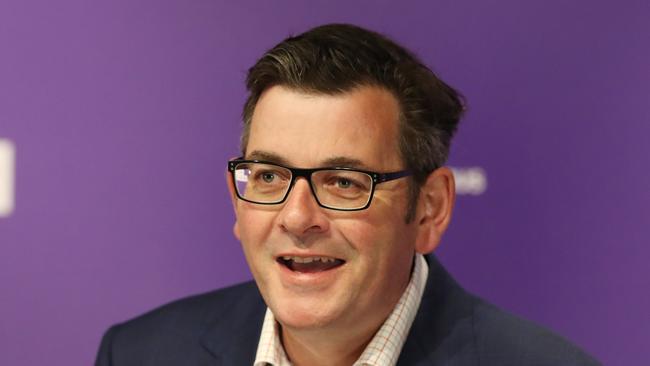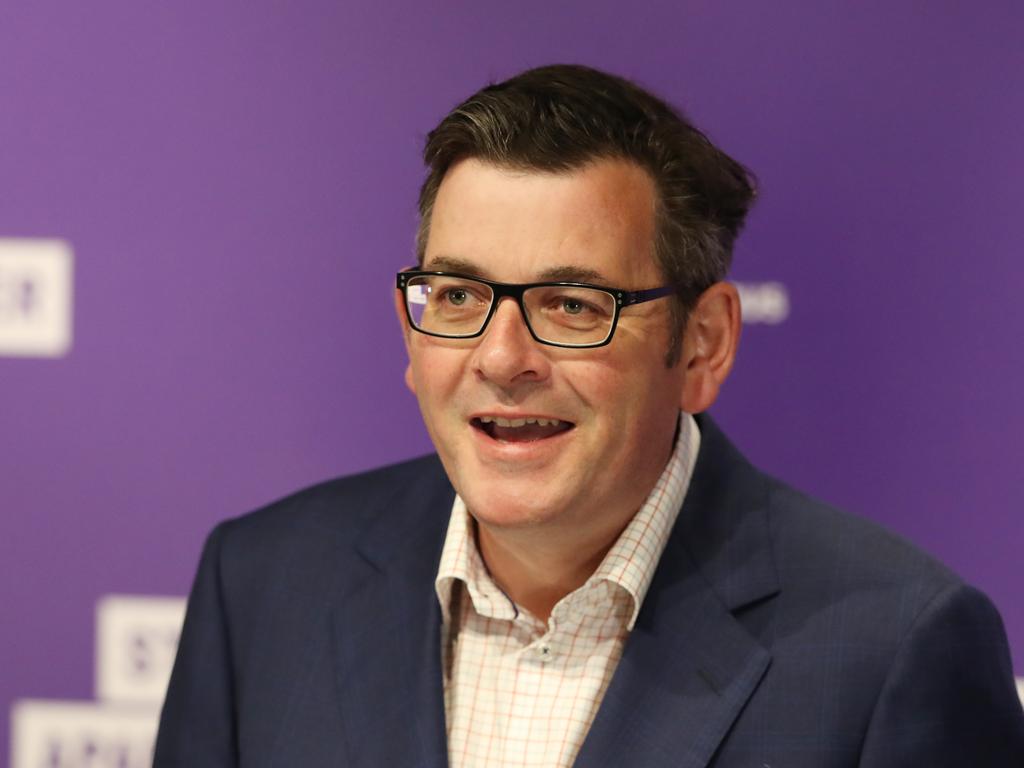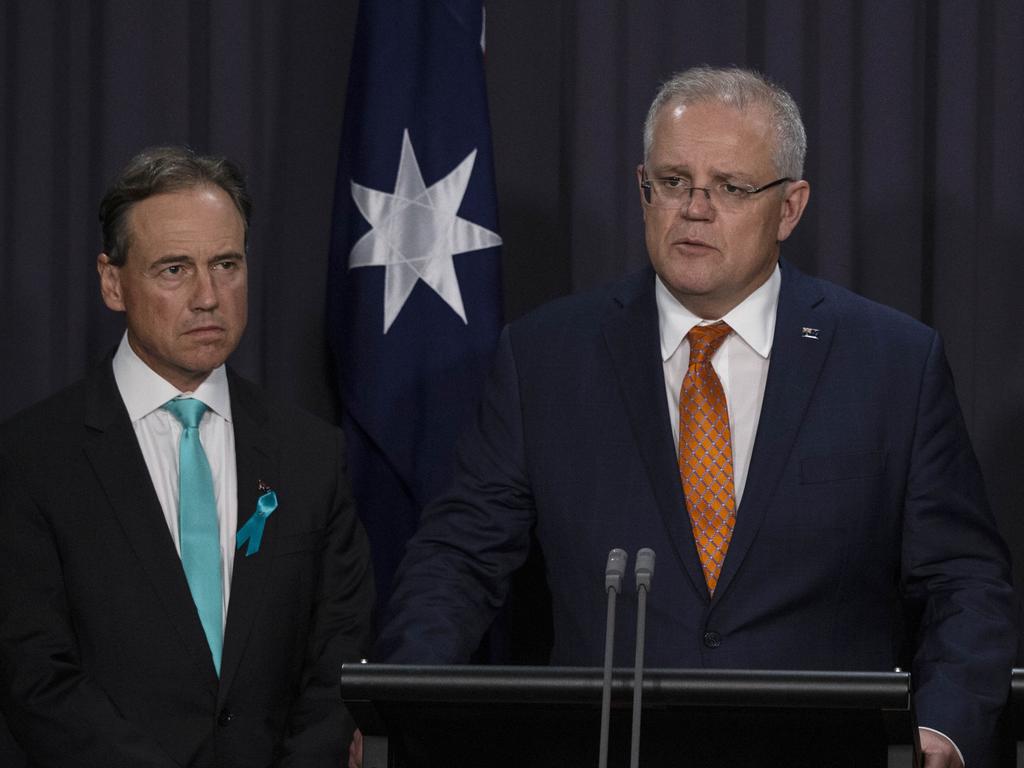Coronavirus: Melbourne hotel quarantine inquiry calls for special sitting
Victoria’s hotel quarantine inquiry will hold an extraordinary sitting next week, days after Daniel Andrews and his senior staff were asked to hand over phone records.

Victoria’s hotel quarantine inquiry will hold an extraordinary sitting next week, just days after Daniel Andrews and his senior staff were asked to hand their phone records to the investigation.
In a letter to relevant parties, solicitor assisting the inquiry Will Yates said witnesses were not expected to be called to appear at the Tuesday sitting.
The inquiry into how the state’s quarantine system broke down and allowed the coronavirus into Melbourne — resulting in the death of nearly 800 people and a tight lockdown — heard closing submissions last month after an appearance from the Victorian Premier and senior ministers.
Since that hearing, Health Minister Jenny Mikakos and Mr Andrews’ right-hand-man, former Department of Premier and Cabinet secretary Chris Eccles, have resigned.
“The Board of Inquiry proposes to hold an extraordinary sitting at 2pm on Tuesday 20 October,” a spokesman said. “Further details to be announced.”
It is unclear whether the inquiry, headed by former Family Court judge Jennifer Coate, will recall Mr Andrews. When asked, his office said: “This is a matter for the inquiry.”
Mr Eccles resigned on Monday after a review of his records revealed he had given incorrect information to the inquiry.
Mr Eccles said he had spoken to then Victoria Police chief Graham Ashton on March 27, despite telling the inquiry he had not. A six-minute window that day has come into sharp focus during hearings because it could reveal who decided private security would be used, rather than police.
Mr Andrews replaced Mr Eccles with Jeremi Moule, the DPC’s deputy secretary, on Friday.
Poor infection control among private security guards working at hotel quarantine is believed to have sparked the state’s second COVID-19 wave, with genomic data linking most cases back to a small number of arrivals in May.
The question of who decided to use private security, and not police or Australian Defence Force officers, has become a central issue for the Coate inquiry, with counsel assisting the inquiry proposing there was a “creeping assumption” among decision-makers when the program was being established.
Mr Andrews and his chief of staff, Lissie Ratcliff, have supplied their phone records including encrypted messages, to the inquiry following a request made at the weekend.
According to Victoria Police, someone told Mr Ashton between 1.16pm and 1.22pm on March 27 that a decision had been made to use private security at the hotels.
Along with Mr Eccles, evidence at the inquiry also led to the resignation of Ms Mikakos on September 25, shortly after Mr Andrews said she was responsible for the bungled program.
In a scathing submission in which she urged the inquiry to treat Mr Andrews’ evidence with caution, Ms Mikakos produced a previously undisclosed email as evidence the decision to use private security was made at or soon after a national cabinet meeting on March 27. The email with the subject line “National Cabinet Outcomes” was sent by the Department of Health and Human Service’s director national cabinet, Nicole Lynch, at 2.48pm on March 27, saying it had been agreed private security would be in place where police did not want the role.
“Enforcement by S & T governments keen for police not to babysit, but called in as needed (e.g. use private security),” Ms Lynch wrote.
That email was also sent to DHHS secretary Kym Peake and Victorian Chief Health Officer Brett Sutton, who had told the inquiry he was not aware of the use of private security until after the COVID-19 outbreak.
Last week, the DHHS received a request from the hotel quarantine inquiry for additional documents.
Ms Mikakos, in her submission, said the email was not put to any witness, nor was Ms Lynch called to give evidence.







To join the conversation, please log in. Don't have an account? Register
Join the conversation, you are commenting as Logout